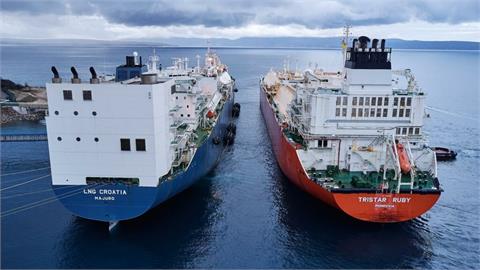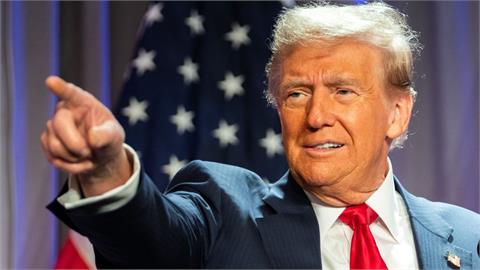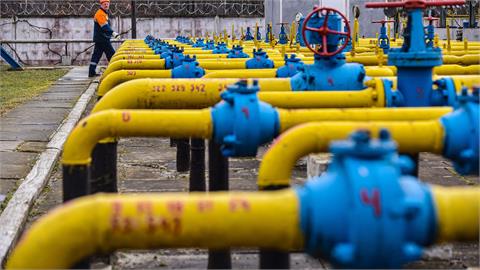Great Expectations, the title and message of Charles Dickens’s great novel, is most appropriate to describe the current situation in the EU where it’s leadership, once again, is demonstrating its great aspirational capacity but unable to factor in market reality.
Great Expectations, the title and message of Charles Dickens’s great novel, is most appropriate to describe the current situation in the EU where it’s leadership, once again, is demonstrating its great aspirational capacity but unable to factor in market reality. As Russia throttles crucial, gas supplies to Europe in response to western sanctions over its war in Ukraine, it is driving gas and electricity prices to new highs and eurozone inflation up towards double-digit levels for the first time, while also threatening to drag the bloc’s economy into recession.
In order to prevent exceedingly high wholesale gas and electricity prices, now trading almost twelve times and six times higher respectively than a year ago, from translating into equally high retail prices most European governments have introduced a variety of subsidies. However, even subsidised electricity and gas prices are prohibitively expensive. As there is no sign of energy price de-escalation any time soon it is becoming increasingly clear that subsidies cannot continue for long as they affect public finances, by ballooning deficits, while distorting market competition. Hence, there is a need for prices to be somehow controlled at source through intervention in the operation of the market and the introduction of price caps.
Energy ministers are gathering in Brussels today for their emergency council seeking ways to bring down the price of gas and electricity. But despite all the anticipation and a flurry of policy proposals, diplomats have rather modest expectations for today’s meeting. A week ago Brussels was in the froth of agonised discussions to figure out how to save Europe from an energy crisis, of its own making, which is hitting consumers, industry and the financial sector alike. The list of proposed measures range from unilateral gas price caps from third countries and price caps on TTF contracts, to changes in electricity market operation. However, some governments have expressed frustration at the lack of detail in all recent draft proposals coming from the European Commission.
According to sources close to the Commission the most realistic outlook is for a consensus for a price cap in Russian gas or on all gas, and on a proposed windfall tax to be followed by legislative proposals to be tabled next week. But such a consensus now looks most unlikely given the deep divisions and differing approaches to the problem between the various governments. At the same time the threat of a total cut of Russian gas supplies to Europe- not just Nord Stream 1- has become a distinct possibility following latest comments by Vladimir Putin that Russia is willing to suspend all gas deliveries in the event of the EU introducing a price cap. Here we have a situation where events are clearly overtaking politics and EU’s acrimonious way of conducting business is working against the interests of the economy and public welfare. Instead of acting fast to decouple expensive gas prices from electricity and bring back normality to the market we are now watching, once again, an endless political show.
(FROM IENE'S ENERGY WEEKLY REPORT NO 325, SEPTEMBER 09 2022)




